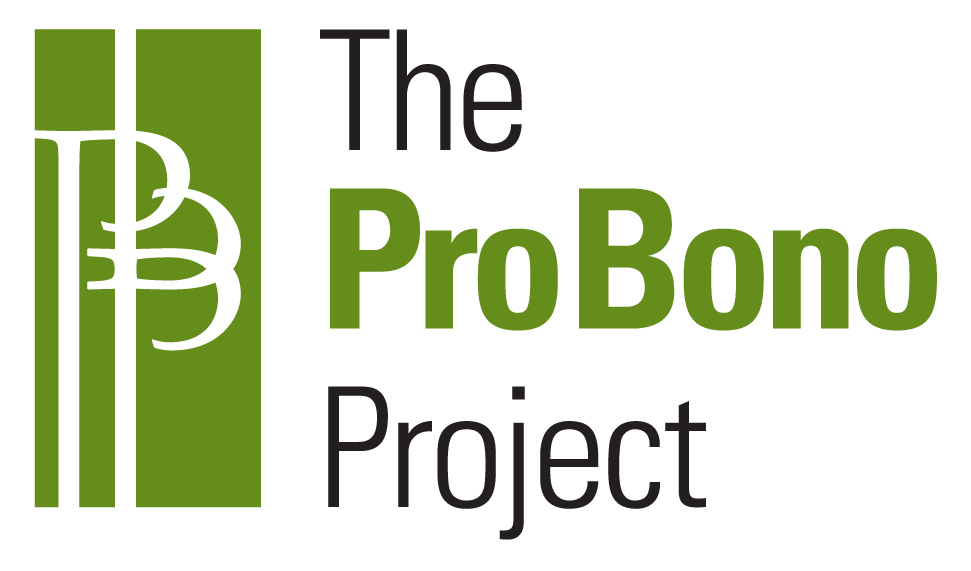On July 17th, The Pro Bono Project, in partnership with Catholic Charities Archdiocese of New Orleans, hosted an online CLE - Special Immigrant Juvenile Status: Representing Juvenile Immigrants. Over forty people attended this three-hour virtual training that offered substantive information on representing children as they make their way through state juvenile court.
These minors, the majority of whom have been designated dependent alien children, are in need of representation as they go before state juvenile court, file an application to U.S. Citizenship and Immigration Services, and appear at status hearings at federal immigration court. Many of these children came to the United States fleeing adversity in their home country and have been declared dependent by a state juvenile court or placed in the custody of an individual, entity, or agency by a juvenile court.
This designation is commonly known as Special Immigrant Juvenile Status (SIJS), a form of humanitarian immigration relief that provides a path to lawful permanent resident status for children who are unable to be reunited with one or both of their parents due to abuse, abandonment, neglect, or a similar basis under the law. It provides vulnerable children with a mechanism to become lawful permanent residents if a state court finds it is not in their best interests to return to their home country. Due to the complex nature of these types of cases, SIJS requires adjudication in two different legal areas – state court and federal government.
There is no right to representation for these children and without intervention by legal aid organizations like The Pro Bono Project these minors are forced to defend and advocate for themselves pro se. The majority of these children came to the United States forcibly or after fleeing endemic violence, widespread poverty, mistreatment by their parents or caregivers, inadequate protection by law enforcement, and limited access to education, medical care, and social services. Prevailing at immigration court means children are not deported to a country where they may lack adequate resources to safely survive. If you are interested in volunteering, please contact Managing Attorney Jesse George.
This program is supported by a generous grant from the Louisiana Bar Foundation.

